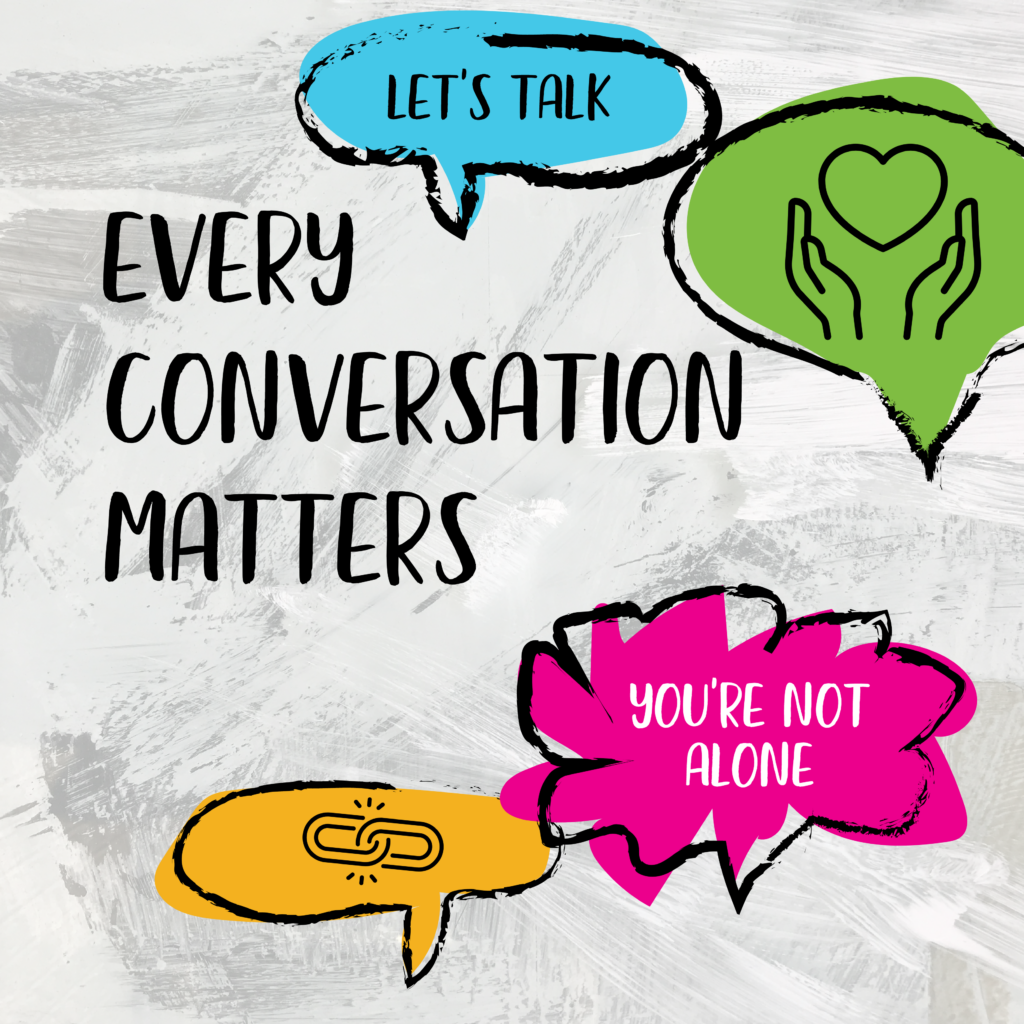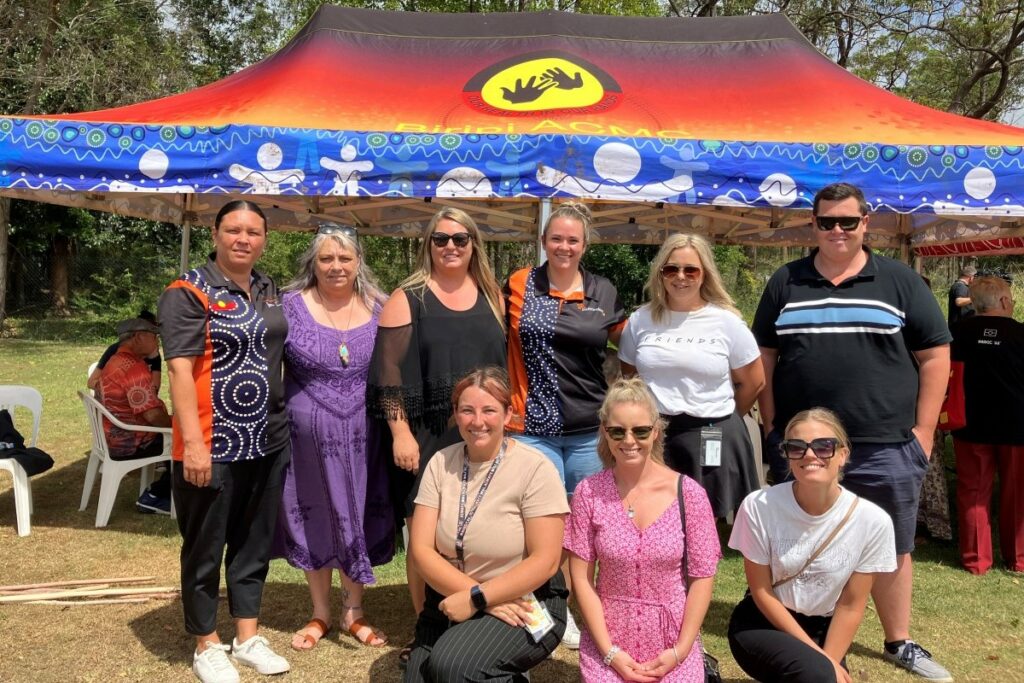Do you know how to report child abuse and neglect?
This week marks National Child Protection Week across Australia, a vital time to reflect on our collective responsibility to protect children. Child abuse and neglect are preventable, and by working together as a community, we can create a country where all children grow up safe and well.
What role can you play in supporting children and their families?
Recent research from Act for Kids reveals alarming insights that nine in ten Australians (90%) underestimate the prevalence of childhood maltreatment, and only half (50%) say they would report suspected child abuse to authorities in 2024. Additionally, one in five Australians (21%) do not recognise withholding love and affection as a form of emotional abuse.

Is it child abuse?
It can be challenging to determine whether a child is experiencing abuse or neglect. While most children live in safe and supportive environments, some, unfortunately, face physical, sexual, or emotional abuse, neglect, or exposure to family violence. If you have concerns about a child’s safety, it’s crucial to know what steps to take.
What should I do?
- If a child is in immediate danger or if there is an emergency, contact triple zero (000).
- Write down your concerns or observations, noting specific times and incidents.
- Speak with the child in a gentle manner, letting them know they can talk to you if they ever need to.
- Don’t force the child to share details. Instead, ask how they are or mention that you’ve noticed they seem different. This might encourage them to open up.
- Be mindful of the child’s safety and your own. If direct intervention could compromise safety, leave the situation to trained professionals. You might still offer support later.
- Contact child protection services in your state or territory. Reporting can be done anonymously. Reporting usually involves a phone call to a statutory child safety agency, though some areas offer online or eReporting options. You can find an up-to-date list of contact details for reporting child abuse and neglect across Australia through the Australian Institute of Family Studies.
Do I have to report?
Certain professionals who work with children and families are mandatory reporters. This means they are legally required to report any reasonable suspicions of child abuse to the relevant authorities. Examples of mandatory reporters include teachers, doctors, nurses, and police officers. However, whether you are a mandatory reporter or not, everyone has a role to play in protecting children within our community. If you have concerns about a child, you should report them to the appropriate state or territory child protection agency.
Where to get help:
- Emergency: Call triple zero (000).
- Child Protection Helpline: Call 13 21 11. The helpline is staffed by child protection caseworkers who can record your concerns about a child or young person and their family. Reporting can be done anonymously.
Give Support:
If you are concerned about a child and their mother, consider how you can support someone who may be experiencing domestic and family violence. For guidance, you can reach out to the following 24/7 services:
- Domestic Violence Line: 1800 656 463
- 1800RESPECT: 1800 737 732
- Armidale Youth Homelessness Support Services: 0419 567 641
- Inverell Women’s and Children’s Refuge: (02) 6722 3502
By raising awareness and taking action, we can work towards a safer future for all children in Australia. Regardless of whether you are a mandatory reporter or not, we all have a responsibility to ensure that children are safe within our community. If you have concerns about a child, you should contact the relevant state or territory child protection agency.

